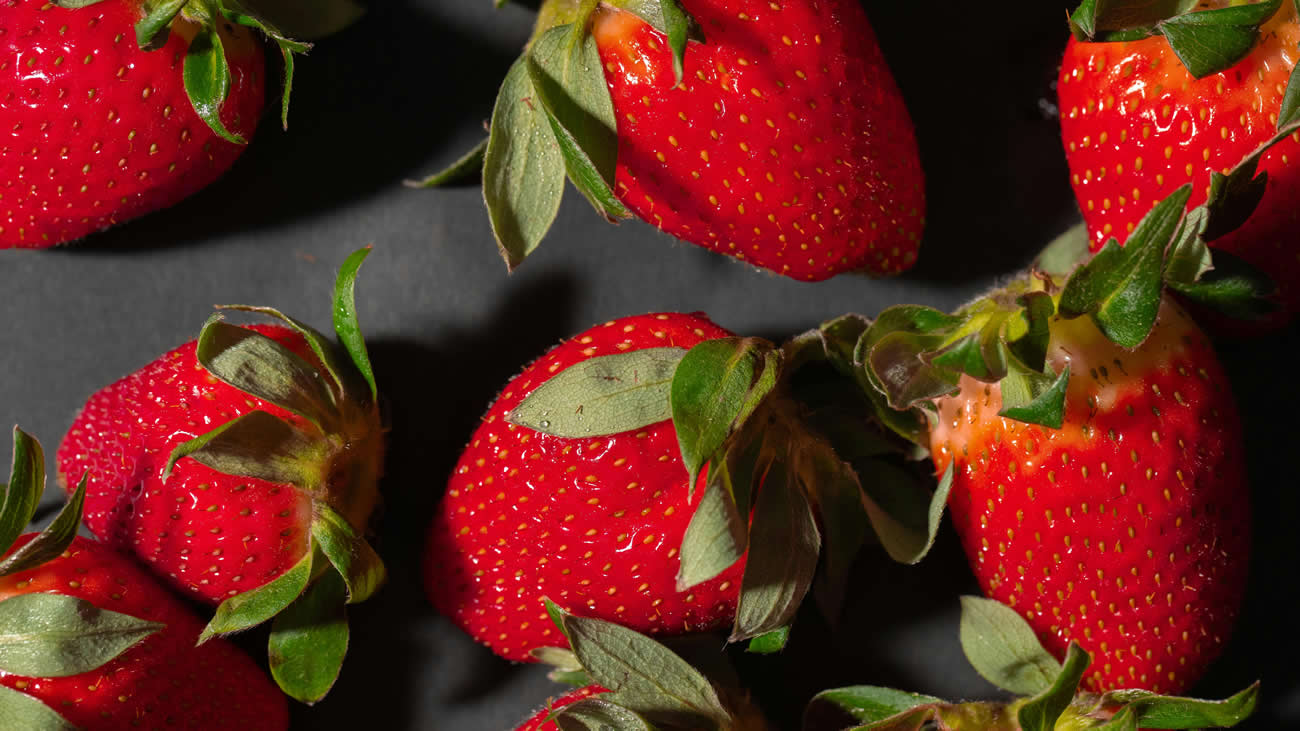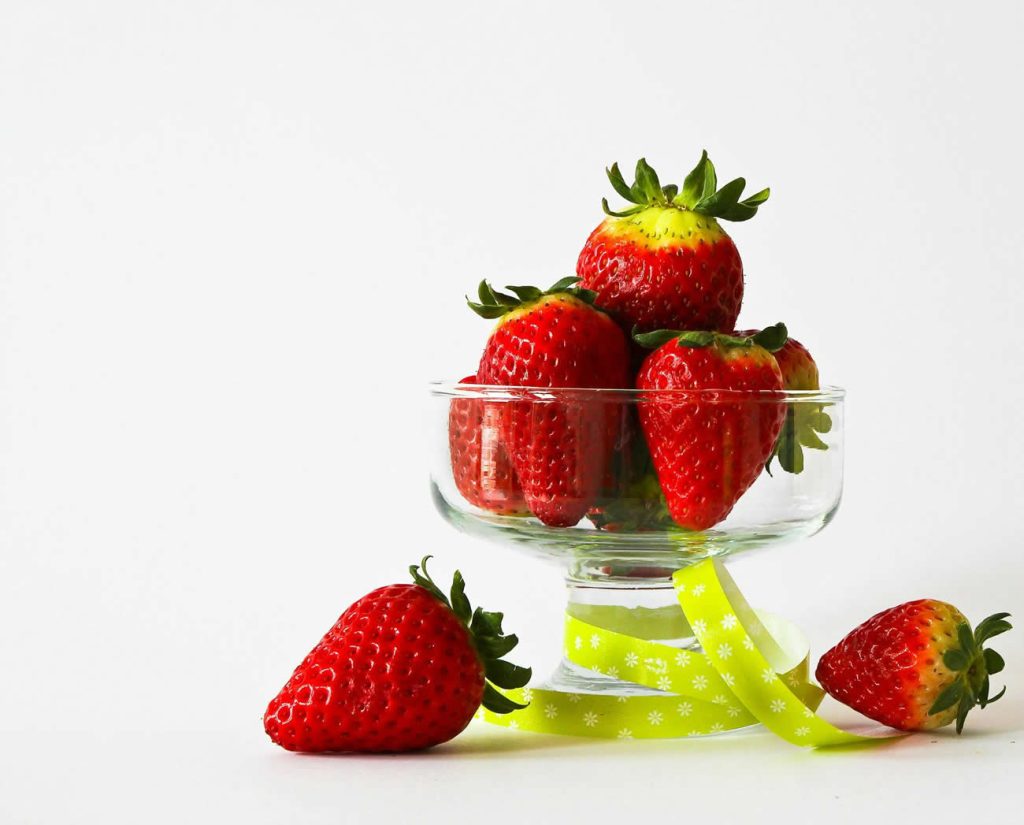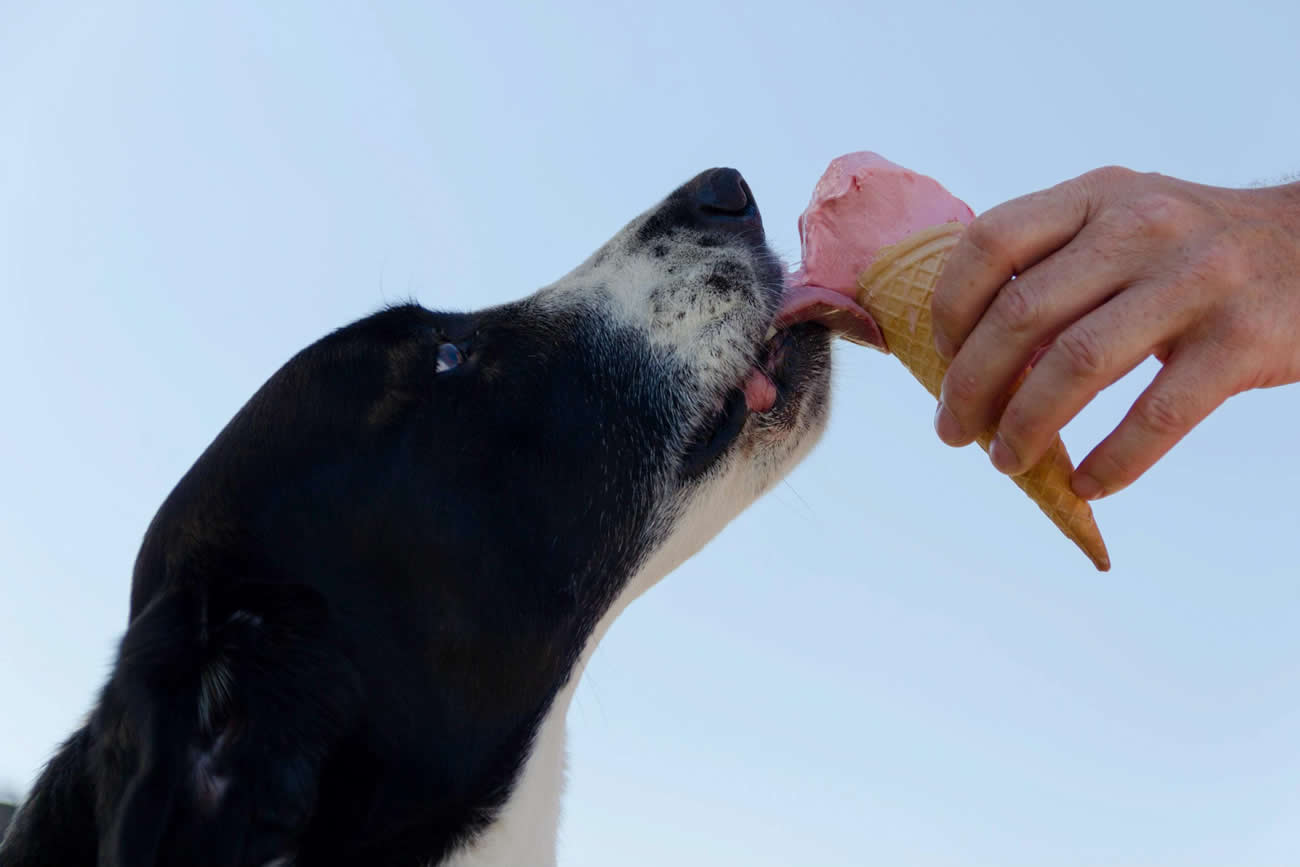When it comes to sharing our food with our furry companions, many pet owners often wonder about the safety and suitability of various fruits and vegetables.
Among the myriad of options, strawberries frequently come to mind. While the sweet, juicy fruit is a delightful treat for humans, the question remains: can dogs safely consume strawberries and their leaves?
We delve into the nuances of feeding strawberries and their foliage to your canine friend, addressing concerns about safety, health benefits, and alternatives.
Understanding Strawberries and Their Nutritional Value
Strawberries are not only a popular fruit among humans but also offer a variety of health benefits that can be advantageous for dogs. This section explores the nutritional profile of strawberries and why they can be a healthy addition to your dog’s diet.
Nutritional Components of Strawberries
Strawberries are rich in several essential nutrients that can support your dog’s health, including:
- Vitamin C: This antioxidant is crucial for maintaining a robust immune system and promoting overall health.
- Fibre: Aids in digestion and helps maintain a healthy gut.
- Folate: Important for cellular function and tissue growth.
- Antioxidants: Protect cells from damage caused by free radicals, potentially reducing the risk of chronic diseases.
Benefits of Feeding Strawberries to Dogs
In moderation, strawberries can serve as a nutritious treat for dogs. Here are some potential benefits:
- Low in Calories: This makes them an excellent option for dogs that need to manage their weight.
- Natural Dental Care: The texture of strawberries may help reduce plaque and tartar build-up on your dog’s teeth, contributing to better oral hygiene.
- Hydration: Strawberries have a high water content, which can help keep your dog hydrated during warmer months.
Is It Safe for Dogs to Eat Strawberry Leaves?
While the fruit itself is generally safe for dogs, the leaves and stems present a different scenario. This section examines the potential risks associated with dogs consuming strawberry leaves.
Potential Risks of Strawberry Leaves
Strawberry leaves are not toxic to dogs, but they can lead to digestive issues if consumed in significant quantities. Here are some reasons to be cautious:
- Gastrointestinal Upset: Eating too many leaves can result in symptoms such as vomiting or diarrhoea due to the indigestible nature of the foliage.
- Choking Hazard: The fibrous texture of the leaves can pose a choking risk, especially for smaller breeds.
- Chemical Residues: If the plants have been treated with pesticides or other chemicals, the leaves may contain harmful residues.
Recommendations for Dog Owners
To ensure the safety of your pet, consider the following guidelines:
- Remove Leaves and Stems: Always remove the leaves and stems before offering strawberries to your dog.
- Moderation is Key: Even with the fruit, it’s essential to limit the amount to prevent any digestive upset.
Signs of Digestive Distress in Dogs
If your dog has consumed strawberry leaves or an excessive amount of strawberries, it’s crucial to monitor them for signs of digestive distress. This section outlines the symptoms to watch for.
Common Symptoms of Digestive Upset
- Vomiting: This may occur shortly after ingestion if the stomach is irritated.
- Diarrhoea: Loose stools can indicate that something has upset your dog’s digestive system.
- Lethargy: A noticeable decrease in energy levels can signal discomfort or illness.
- Loss of Appetite: If your dog is reluctant to eat, it may be a sign of gastrointestinal distress.
What to Do If Your Dog Shows Symptoms
If your dog exhibits any of these symptoms after consuming strawberry leaves, consider the following steps:
- Monitor Their Condition: Keep an eye on your dog for any worsening symptoms.
- Consult Your Veterinarian: If symptoms persist or worsen, it’s essential to seek professional advice.
Alternatives to Strawberries for Dogs
If you’re concerned about the potential risks of feeding strawberries or their leaves to your dog, there are plenty of other fruits and vegetables that can serve as safe and healthy alternatives. This section highlights some excellent options.
Dog-Friendly Fruits
- Blueberries: Packed with antioxidants and low in calories, blueberries are a fantastic treat.
- Watermelon: Seedless and rind-free watermelon is hydrating and a favourite among many dogs.
- Apples: Sliced apples (without seeds) provide crunch and essential vitamins.
- Carrots: A low-calorie snack that can aid in dental health.
Other Healthy Treats
- Pumpkin: Plain, canned pumpkin is an excellent source of fibre and can help with digestion.
- Cucumbers: Low in calories and refreshing, cucumber slices can be a delightful snack.
- Sweet Potatoes: Cooked and unseasoned sweet potato is nutritious and tasty for dogs.
- Plain Popcorn: Air-popped popcorn can be a fun, low-calorie treat, just ensure to remove un-popped kernels.
How to Safely Introduce New Foods to Your Dog
When adding new foods to your dog’s diet, it’s vital to do so gradually. This section outlines best practices for introducing strawberries or any new treats.
Steps to Introduce New Foods
- Start Small: Begin with a tiny portion to see how your dog reacts.
- Observe for Reactions: Monitor your dog for any signs of allergies or digestive upset.
- Gradually Increase Amounts: If there are no adverse reactions, you can slowly increase the serving size.
- Consult Your Veterinarian: Always seek guidance if you’re unsure about a specific food.
Importance of Variety in a Dog’s Diet
Incorporating a variety of fruits and vegetables can provide a well-rounded diet for your dog. This not only ensures they receive a range of nutrients but also keeps mealtime interesting.
FAQs About Dogs and Strawberries
This section addresses some frequently asked questions regarding dogs and strawberries, helping to clarify common concerns.
Can Dogs Eat Strawberries?
Yes, dogs can eat strawberries in moderation. They are a healthy treat that can provide several nutritional benefits.
What Are the Benefits of Strawberries for Dogs?
Strawberries offer vitamins, antioxidants, and fibre, which can support immune health, digestion, and overall well-being.
Are Strawberry Leaves Toxic to Dogs?
No, strawberry leaves are not toxic, but they can cause digestive upset if consumed in large quantities.
How Many Strawberries Can I Safely Feed My Dog?
The amount depends on your dog’s size, but generally, one to two strawberries or a few slices should suffice as an occasional treat.
Are Canned Strawberries Safe for Dogs?
Canned strawberries are not recommended due to added sugars and preservatives that may be harmful to dogs.
Conclusion: Making Safe Choices for Your Dog
In summary, while strawberries can be a delightful and nutritious treat for dogs, caution must be exercised when it comes to their leaves. By understanding the potential risks and benefits, dog owners can make informed decisions about their pets’ diets.
Always prioritise moderation, remove any potentially harmful parts of the plant, and explore a variety of safe alternatives to keep your furry friend happy and healthy. If in doubt, consult your veterinarian for tailored dietary advice specific to your dog’s needs.









